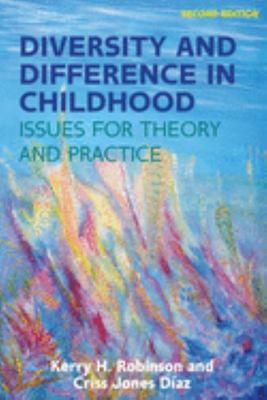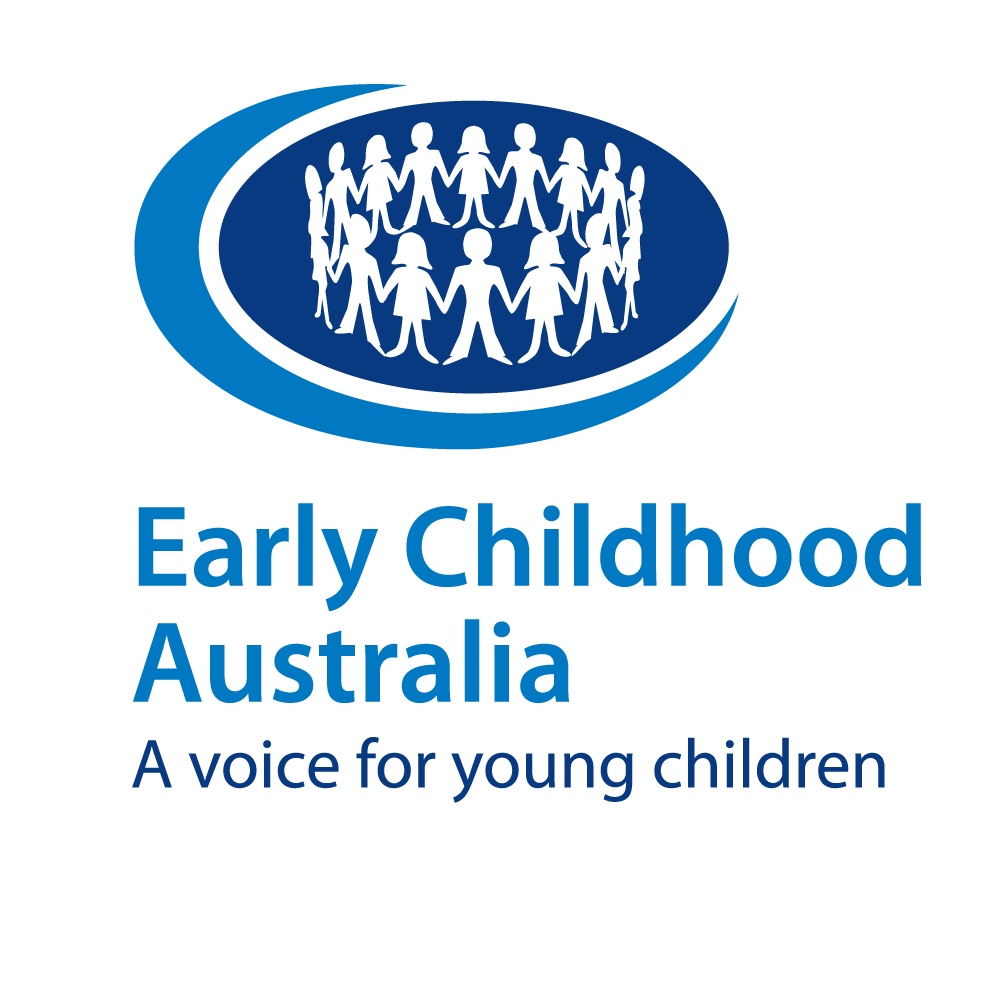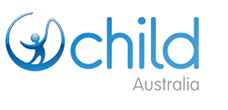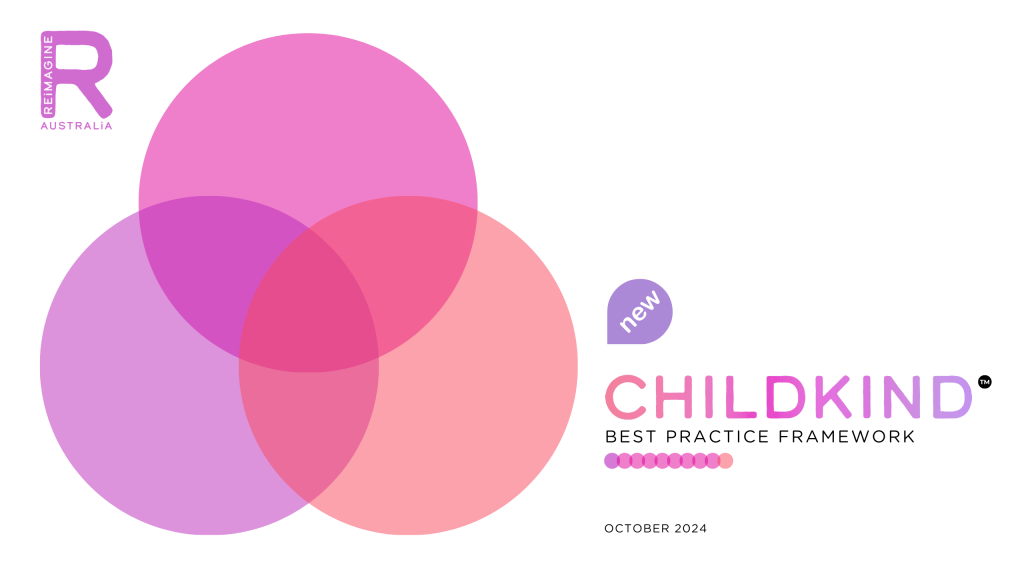CHILDKIND VALUE AND BEHAVIOUR 1
“I will show grace by acknowledging and valuing the strengths and areas for improvement in myself and others.”
Upholding social justice means actively promoting fairness, inclusion, and equality for all children and families, regardless of their background, race, or ability. It entails being anti-racist and anti-ableist and advocating for the rights of children and families who may face systemic barriers. Early childhood practitioners who uphold social justice recognise the unique identities of children and families and work to create an environment where everyone feels respected, valued, and included. By addressing biases and fostering equitable access to opportunities, practitioners play a crucial role in ensuring that children with disabilities and from diverse backgrounds receive the support they need to thrive.
Research underscores the importance of promoting social justice in early childhood settings. According to Connell et al. (2022), early childhood educators are key in fostering inclusive environments that challenge systemic inequalities, particularly for children with disabilities and diverse backgrounds. Social justice in early childhood education is not just about equality of opportunity but also about equity—tailoring supports to meet the unique needs of each child and family. Additionally, studies by MacNaughton (2018) highlight that early childhood programs that incorporate social justice principles tend to produce better developmental outcomes for children, as they feel more valued and included.
Anti-ableist practices in early childhood settings, as discussed by Lalvani and Broderick (2015), help in dismantling barriers that prevent children with disabilities from fully participating, which is crucial for their long-term well-being and integration into society. This is aligned with the Reimagine Australia Code of Ethics, particularly Principle 1.1, which stresses the importance of upholding the dignity and rights of children and their families through anti-racist and inclusive practices.
BEST PRACTICE PRINCIPLES, CHILDKIND WAYS OF WORKING AND KEY COMPETENCIES
This value or behaviour supports the Best Practices below:
This value or behaviour supports the Ways of Working below:
The value or behaviour suports the Key Competencies below:
Reflection questions are a valuable tool for practitioners, promoting self-awareness, critical thinking, continuous improvement, and stronger relationships in their work with children and families:
How do I ensure my practice is inclusive and free from biases that might exclude certain children?
What steps am I taking to be an ally for equity and justice in my early childhood setting?
How do I actively promote anti-ableist practices in my work with children and families?

A comprehensive book that explores how early childhood education can promote social justice through inclusivity and anti-bias practices.

Early Childhood Australia Blog – “The Spoke”.

Information from Child Australia.

Information and videos from Raising Children Network:
Social justice in early childhood is not just about equal treatment, but about equity—ensuring every child gets the support they need to thrive.
Connell et al. (2022)
Access more information on the ChildKind Best Practice Framework with its 10 Ways of Working, 30 Key Competencies and 8 supporting Values and Behaviours here:
